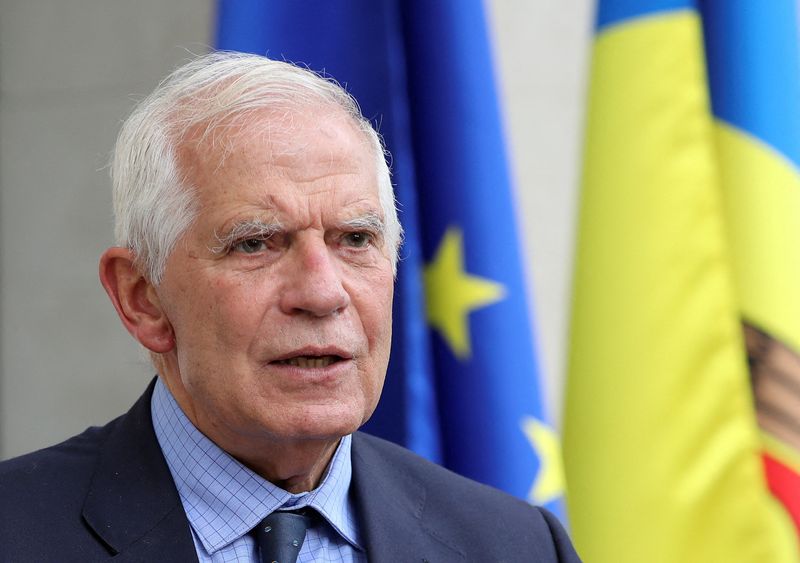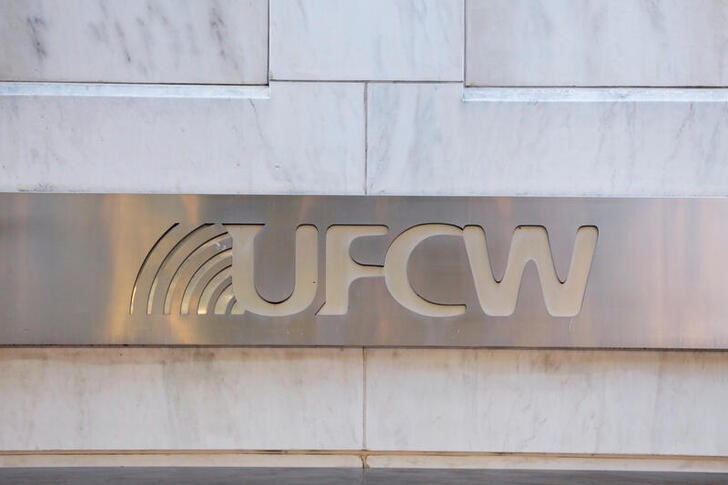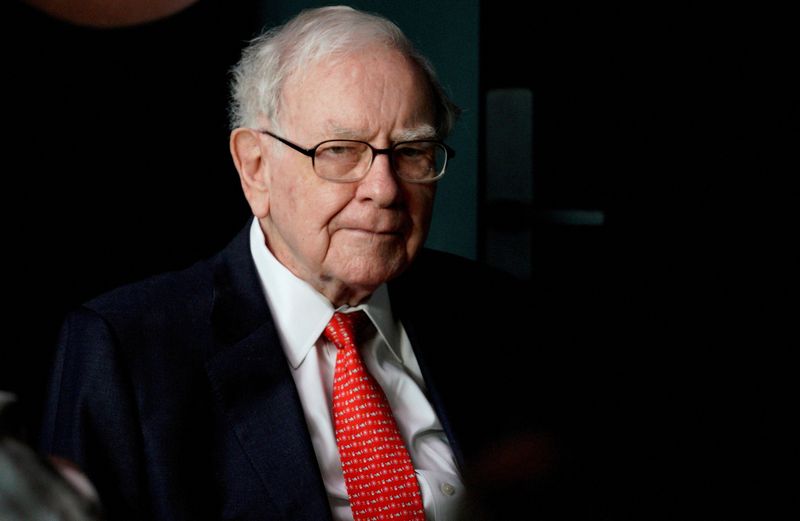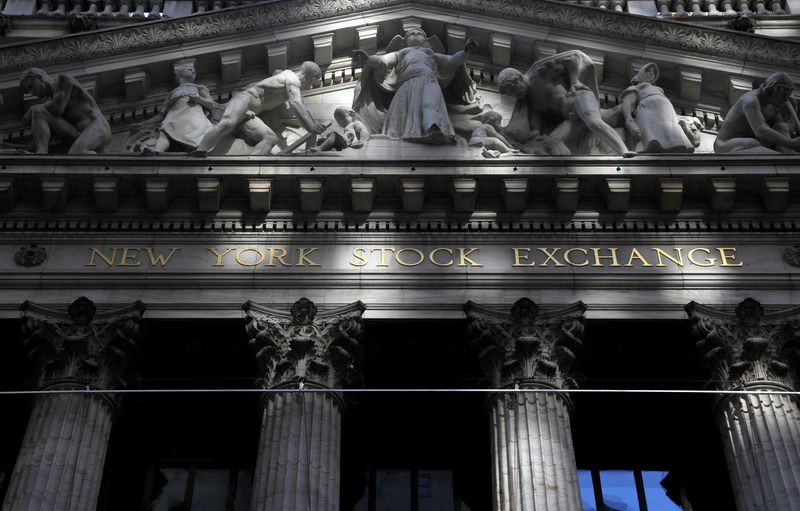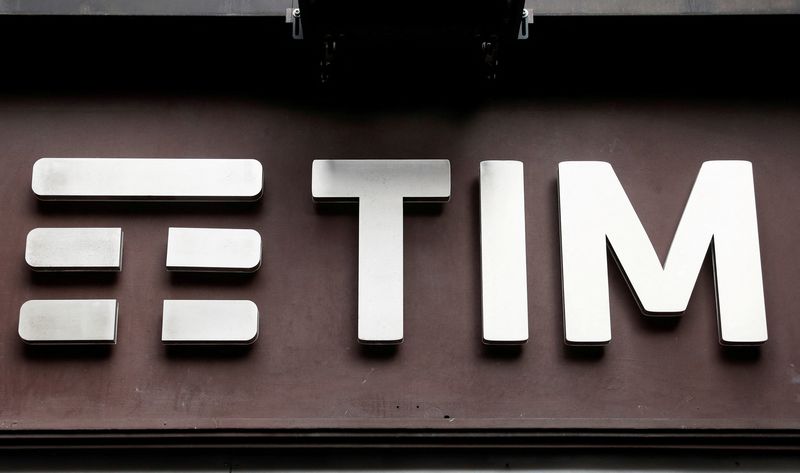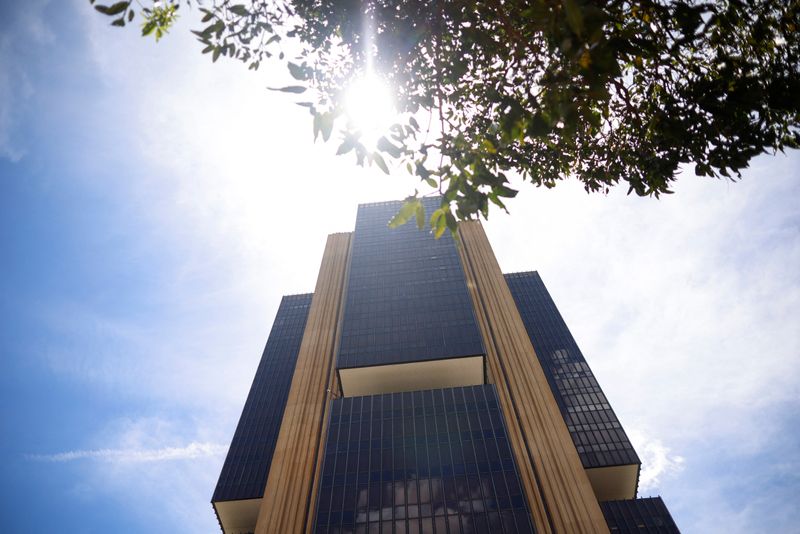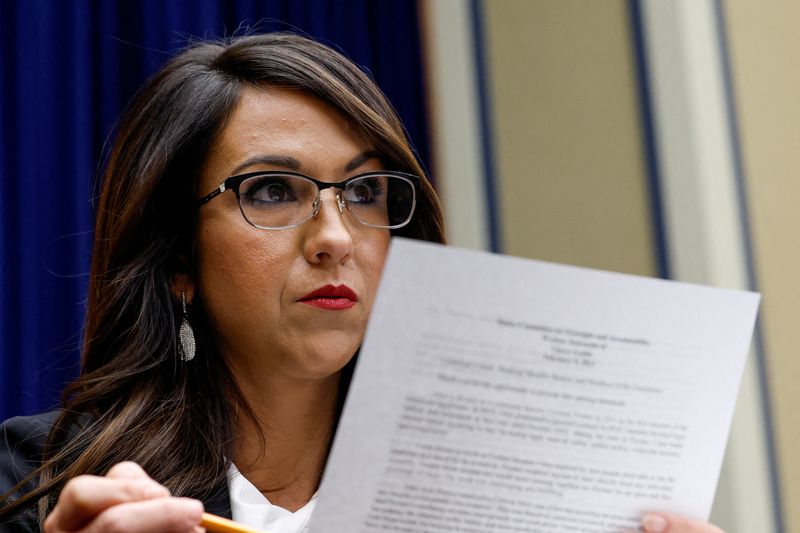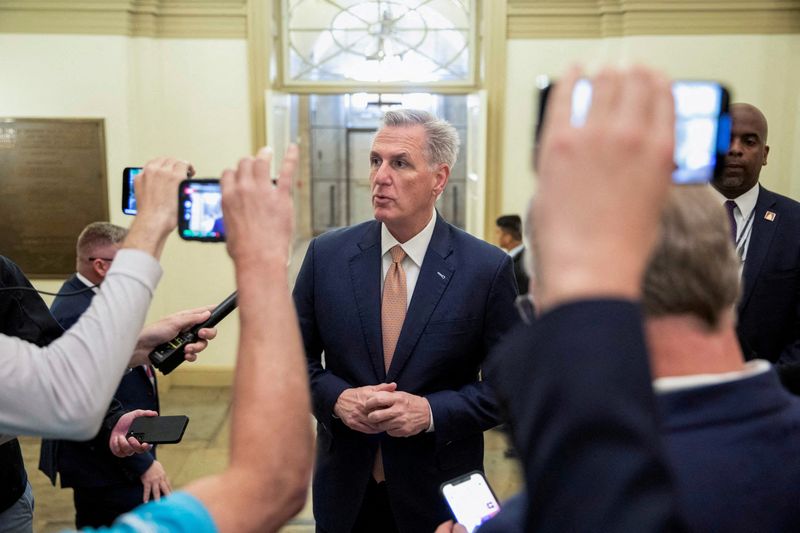(Reuters) – Meta Platforms’ Oversight Board has asked the social media firm to evaluate efforts to prevent promotion of political violence on its platforms, after it allowed a video calling for violence post the 2022 Brazilian election to stay online.
The board said on Thursday that Meta’s original decision to leave up the Facebook video, which featured a Brazilian general calling people to “hit the streets,” raised concerns about the effectiveness of the company’s election integrity efforts.
“In this case, the speaker’s intent, the content of the speech and its reach, as well as the likelihood of imminent harm … all justified removing the post,” said the Oversight Board, whose recommendations are not binding on Meta.
After initially letting the video stay up, Meta took it down on Jan. 20, after the board selected the case.
The company’s election preparedness efforts are in focus as the United States prepares for the presidential elections next year.
Meta’s Facebook and Instagram, two of the most popular social media sites in the world, have been in the past used to spread misinformation and incite violence on the ground.
In 2020, the company said that its platforms were used by certain Russian groups to influence U.S. voters during the 2016 elections, where Republican Donald Trump emerged victorious.
The company was also among the social media platforms that suspended Trump in 2021 after the deadly Jan. 6 Capitol Hill riot, determining he had incited violence. The former U.S. president was reinstated earlier this year.
Meta, in a response to the board, said that it does not currently have metrics for measuring the success of its election integrity efforts generally.
The Oversight Board was created in late 2020 to review Facebook and Instagram’s decisions on taking down or leaving up certain content and make rulings on whether to uphold or overturn the social media company’s actions.
(Reporting by Yuvraj Malik in Bengaluru; Editing by Varun H K)

